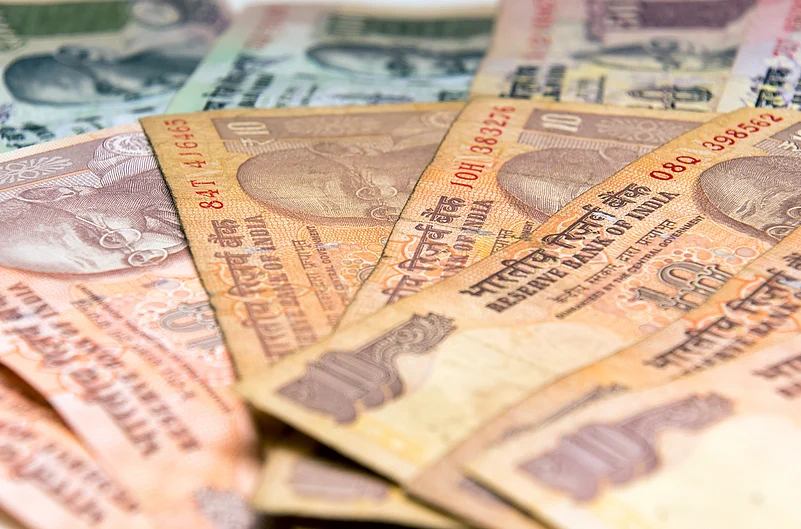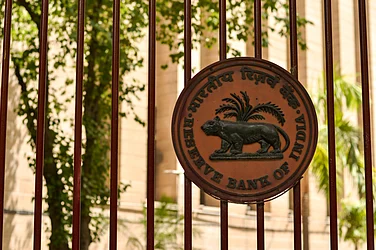The US Federal Reserve’s rate action last week is testament to the fact that the central bank is ready to walk the talk and do whatever it deems necessary to immunise the economy against the impact of coronavirus. The Federal Reserve (Fed) cut its benchmark interest rate by 50 basis points bringing it down to a range of 1 per cent to 1.25 per cent in an emergency move outside of the regularly scheduled policy meetings, last week. The accompanying Federal Open Market Committee (FOMC) statement said that the cut was aimed at mitigating the evolving risks to economic activity from the coronavirus outbreak while at the same time maintaining that “the fundamentals of the US economy remain strong.” Extreme risk-aversion and a surprise rate cut have led to a further drop in sovereign bond yields and risks of inverted yield curves, especially in the US due to its safe-haven appeal. Post the rate cut, the US 10Yr dipped below 1per cent for the first time.
While this is a well-timed move, it is entirely unclear how the rate cut is going to reduce the risk from drying up supply chains and tepid trade activity. Having said that, the move did boost investor confidence which was at a low, in part caused by the Group of Seven’s (G7’s) unwillingness to announce a coordinated policy response—though the G7 statement did say that national governments would respond individually.
Markets largely shrugged off the rate cut after an initial response. Nonetheless, the move did have a positive impact on sentiment. While monetary policy might have limited efficacy against the direct impact of the coronavirus on economic activity, its indirect impact via easier financing and confidence can be integral to maintaining economic stability.
With the number of people having contracted the virus crossing the 1,00,000 mark and more than 38,000, globally, fears of a global recession are getting amplified. Considering that China is a trading partner for most of the nations, stalled activity in the country will definitely have an adverse impact on economies across the globe. However, the extent and depth of this impact are still uncertain.
In such an environment, it is imperative that investors adopt a cautious approach to investing. Rather than shunning any particular asset class, it would be better to look out for compelling opportunities and gradually nibble your way into the markets.































